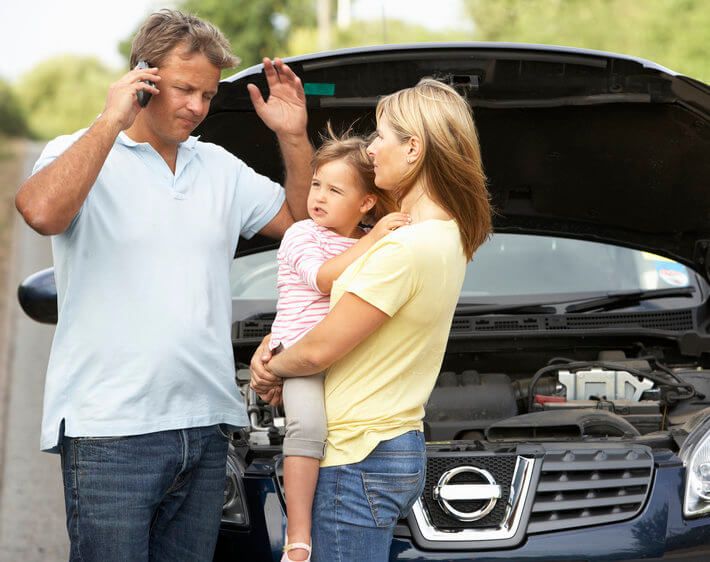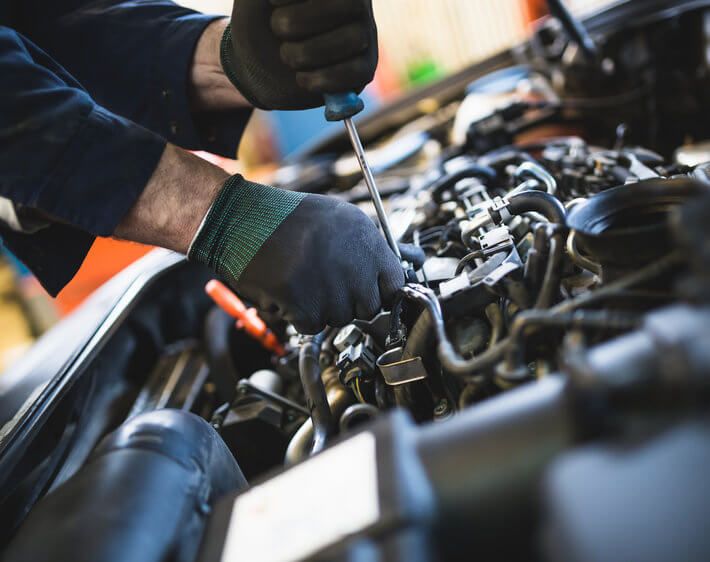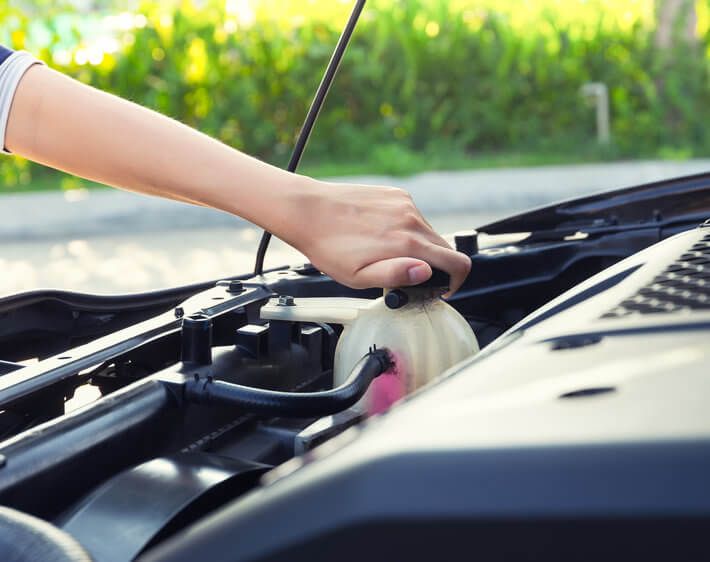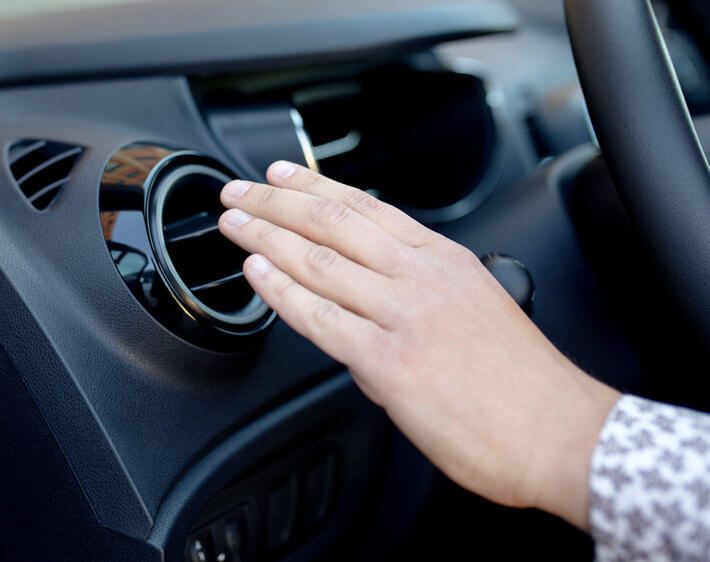You see them all the time: driving home from work, cruising on your summer road trip, or hanging out in the mall parking lot. What are they? Car breakdowns. AAA gets more than 30 million calls in any given year from motorists who are stranded on the side of the road. Help make sure you and your family stay safe (and moving!) on the road when it matters most, just by getting ahead of these common reasons a car breaks down.
What Causes a Car to Break Down?
Tire Problems
Your car could be brand new and in tip-top shape, but that doesn't matter if you have old, worn tires. Flat tires and tire blowouts can derail your plans, instantly. Help avoid both by staying on top of your tire pressure and tread depth, two factors that can cause tire problems if left unchecked.
Low tire pressure, for example, leads to more of the tire’s surface area touching the ground, and thus more friction between the tire and the road. More friction means more wear, more heat, more often, all of which put your tires at risk for tread separation, a tire blowout, and a serious accident.
A Tires Plus technician can evaluate your tire pressure and tread, check your tires for misalignment, and rotate your tires as recommended by the manufacturer (or about every 5,000 miles). Depending on your vehicle and driving needs, your technician may suggest a set of DriveGuard run-flat tires. These tough tires make it possible for you to drive up to 50 miles at speeds of up to 50 MPH, even after your tire has been punctured or you experience a complete air loss.
Battery Issues
Car battery failure is the culprit behind a majority of car breakdowns, especially in extreme weather. Coincidentally, that's the time you really don’t want to be stranded outside!
Regular battery tests are key to preventing a breakdown. One quick diagnostic test could save you from getting stuck with a dead battery at the worst possible time.
Tires Plus technicians can ensure that your battery is clean, charged, and securely connected. They can also tell you the estimated temperature at which the battery might fail. If your car battery is weak, wouldn't you rather find out that it needs to be replaced while you're at the auto shop?
Overheating Engine
An overheating engine is a common, and often scary, occurrence. Park your car in the shade when possible, regularly check the coolant levels under the hood (only when the engine is cool), and pay attention to your vehicle’s temperature gauge.
Signs of an overheating engine aren't hard to see: the temperature gauge will climb and you'll likely see smoke coming from under the hood. Don't ignore these signs! Pull over, turn your car off, and call for help. Keep driving and you could damage your engine.
Note that most dashboard temperature gauges don't show an exact temperature. Instead, there are markings for cold and hot on the edges of the gauge. A normal range is in the middle.
To further help prevent your engine from overheating, request a coolant check every time you visit your local Tires Plus for an oil change.
No Gas
According to a recent AAA survey, 24 million American drivers report that they will continue to drive after the low fuel warning light turns on. No wonder there are so many of us who wind up stranded, totally out of gas!
Running out of gas can quickly create a dangerous situation, either by immobilizing your car on a busy roadway or getting you stuck in a less-than-ideal area. Don’t let this happen to you – make it a habit to maintain at least a quarter tank of gas at all times. Conserve gas by avoiding quick starts and stops, and equipping your vehicle with tires that enhance your car's fuel efficiency!
Locked Out or Lost Keys
AAA gets calls from more than 4,000,000 locked-out motorists every year, according to Consumer Reports. While being locked out of your car isn't necessarily the same as having your car break down, it can certainly feel like it. Without your keys, your car isn't going to budge.
Avoid a lockout by making it a habit to keep your keys with you. Never leave them in your vehicle. Use the fob to lock your car (instead of an interior button) so that you have to take the keys with you when you exit. Keep a spare key somewhere handy, like in a common area of your home or in your purse. You can also give a spare key to a family member for safekeeping.
Don't let car troubles derail fun summer plans. Turn to your local Tires Plus at the first sign of tire troubles, battery issues, or an overheating engine. Our technicians know what causes a car to break down and can help prevent it. Stop by or schedule an appointment today!



